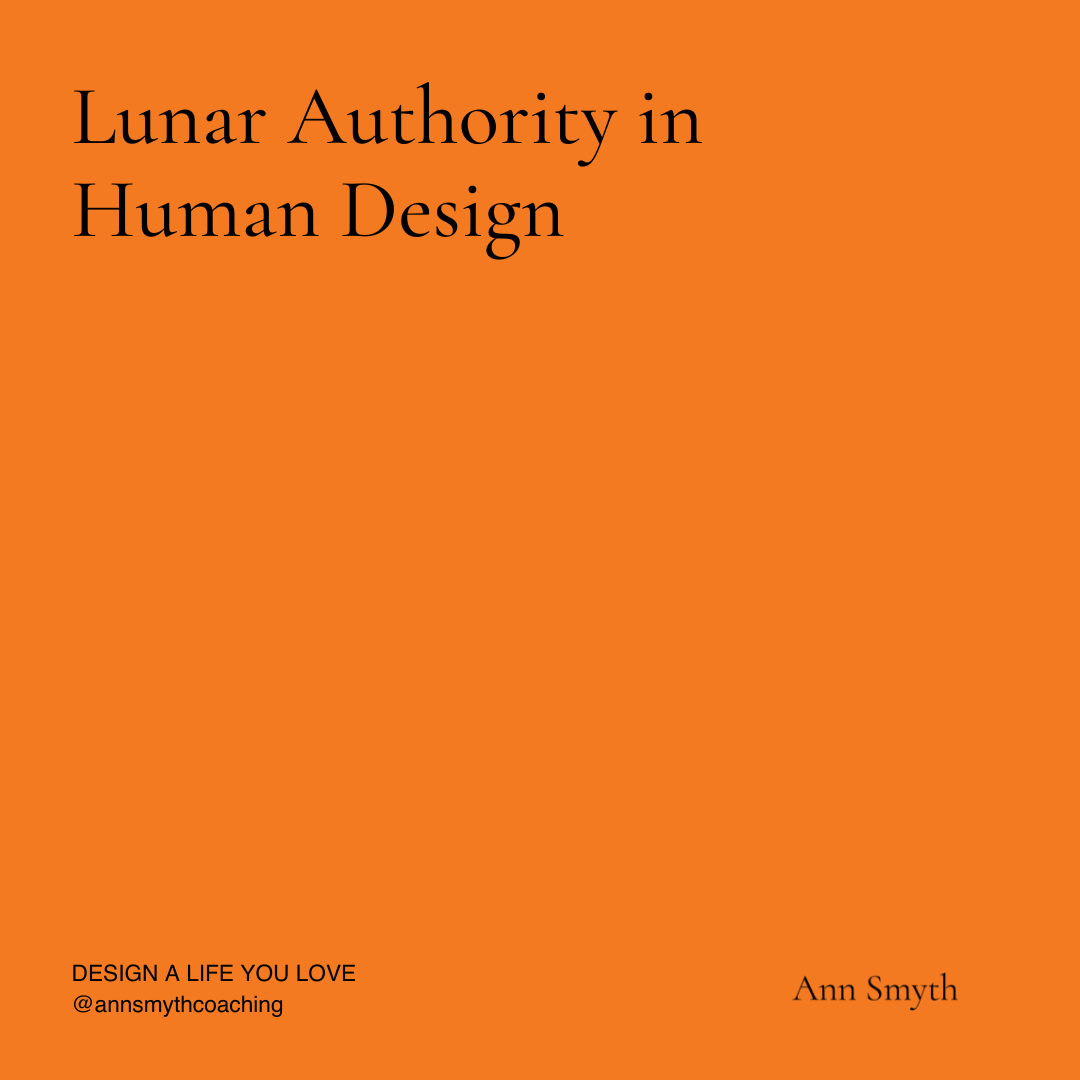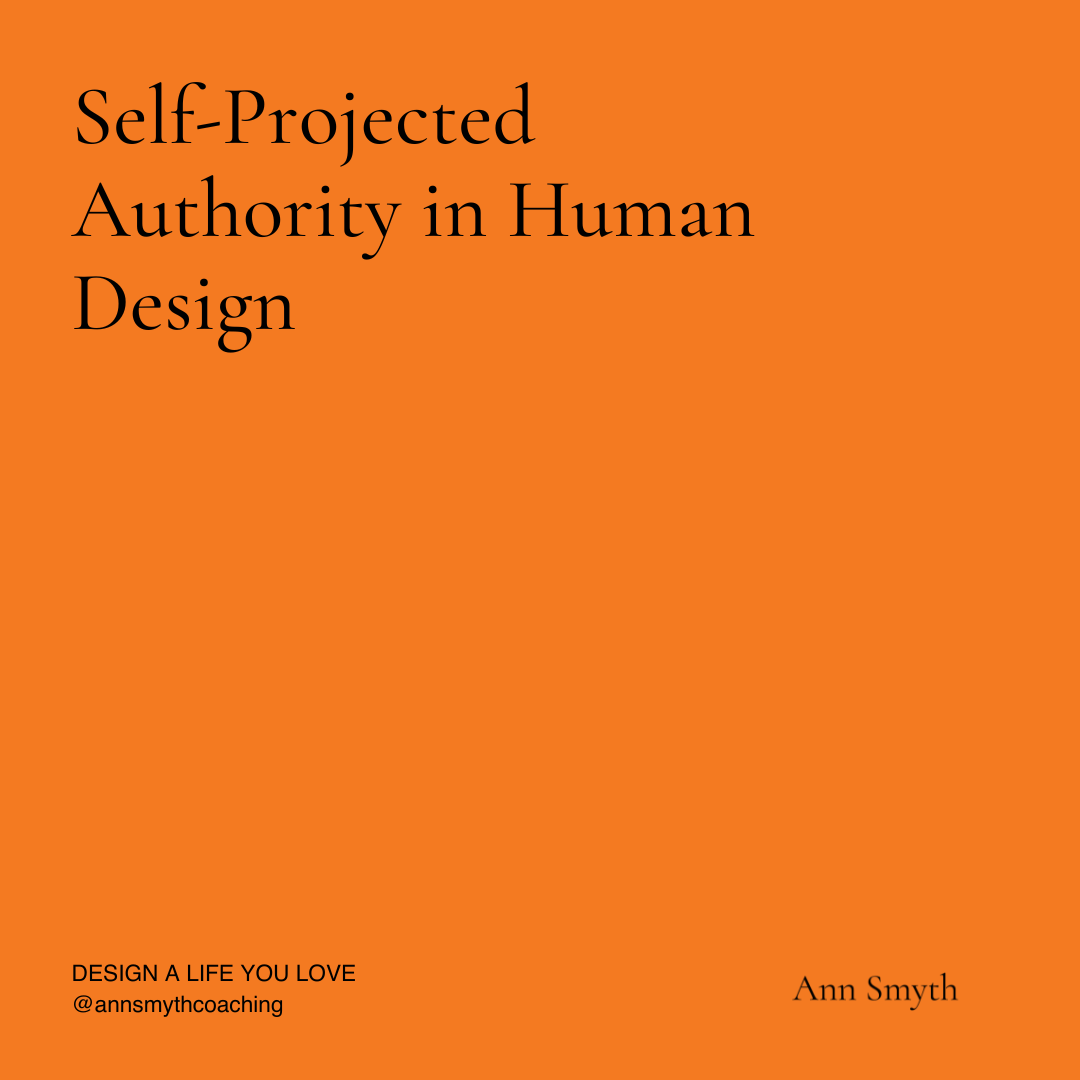Mastering the Art of Stress Management: It's Not the Issue, It's Your Response
In today's fast-paced world, where personal and professional lives often intertwine, it's not uncommon to feel overwhelmed by the multitude of stresses that come our way. From demanding work schedules to personal responsibilities, we all face challenges that can easily disrupt our inner peace. What's intriguing is that many of us tend to make these stresses personal. We complain, get irritated with people, or point fingers at circumstances beyond our control, often failing to realise that it's not the issue itself that's the problem but our ability to deal with it through the effective management of our internal world.
Emotional Regulation
One of the key factors that determine how we handle stress is emotional regulation. Which is our ability to understand, manage, and control our emotions effectively. When we let stress get the better of us, our emotional reactions can cloud our judgement, leading to rash decisions and strained relationships. On the other hand, mastering emotional regulation empowers us to stay calm and composed in the face of adversity.
Effective Communication and Listening
When stress mounts, communication often takes a hit. We may snap at colleagues, friends, or family members, causing unnecessary conflicts. Clear communication is the antidote to this problem. Expressing our concerns and feelings honestly, yet respectfully, can prevent misunderstandings and foster understanding.
Equally important is the art of effective listening. Stress can make us quick to judge and interrupt, but by actively listening to others, we gain valuable insights into their perspectives, potentially diffusing tense situations and building stronger connections.
The Role of Creative Thinking
Stress often narrows our focus, making it difficult to see alternative solutions to our problems. Creative thinking is a powerful tool for expanding our problem-solving horizons. It encourages us to explore new approaches and generate innovative ideas. By nurturing this skill, we can tackle challenges more effectively and even turn them into opportunities for growth.
Building Resilience
Resilience is the ability to bounce back from setbacks and adapt to change. Stress is an inevitable part of life, but resilience equips us to face it head-on. By developing resilience, we can approach difficult situations with a sense of optimism, viewing them as opportunities for personal development rather than insurmountable obstacles.
Decisiveness in the Face of Stress
Stress often paralyses decision-making. We become indecisive, fearing making the wrong choice. However, the ability to make decisions, even under pressure, is crucial. It enables us to take control of the situation, find solutions, and move forward. Developing this skill allows us to navigate through challenging times with confidence.
Stress's Impact on Our Quality of Life
Stress is a silent disruptor that profoundly impacts our ability to enjoy and lead satisfying lives, both personally and professionally. When left unchecked, it can manifest as burnout, high-functioning anxiety, and a host of other physical and mental health issues. In our personal lives, chronic stress can erode our sense of well-being, diminishing the joy we find in our relationships and passions. In the professional realm, it can lead to burnout, making it difficult to find fulfilment in our careers and hampering our creativity and productivity. High-functioning anxiety, a subtle yet persistent companion of stress, can also trick us into believing that success requires constant tension, further preventing us from experiencing the true contentment and happiness that life has to offer.
Connecting with Your Authentic Self and Finding Purpose
According to Harvard Professor Tal Ben Shahar, living a happy life is based on three principles: enjoyment, satisfaction, and finding purpose. Connecting with your authentic self and taking action from this state will allow you to derive more enjoyment, satisfaction, and purpose from life, irrespective of the external circumstances and stresses that present themselves to you on a day-to-day basis.
By understanding your unique Human Design and practising emotional regulation, effective communication, creative thinking, and resilience, you equip yourself with the tools to navigate life's challenges while remaining true to your authentic self. This authenticity empowers you to experience greater enjoyment, find satisfaction in your endeavours, and uncover a deeper sense of purpose, ultimately leading to a more fulfilling and meaningful life.
Design A Life You Love Philosophy: Creating Your Authentic, Regulated, and Happy Self
Leading and living happier, more authentic lives is the focus of the Design A Life You Love Philosophy, a method designed to help you find happiness in life at any stage by reducing stress and anxiety so that you can live life as your most authentic, regulated, and content self possible. If this is something you have been looking for, you can reach out today to arrange a consultation to learn more about this process and how it can help you to design and create a life you love from the inside out.
In conclusion, mastering the art of stress management is not merely about addressing external issues but also about cultivating inner resilience, emotional intelligence, and authenticity. These qualities, coupled with the wisdom of Human Design, Professor Tal Ben Shahar's principles, and the Design A Life You Love Philosophy, enable you to lead a happier, more satisfying, and purpose-driven life, regardless of the stressors that may come your way.




